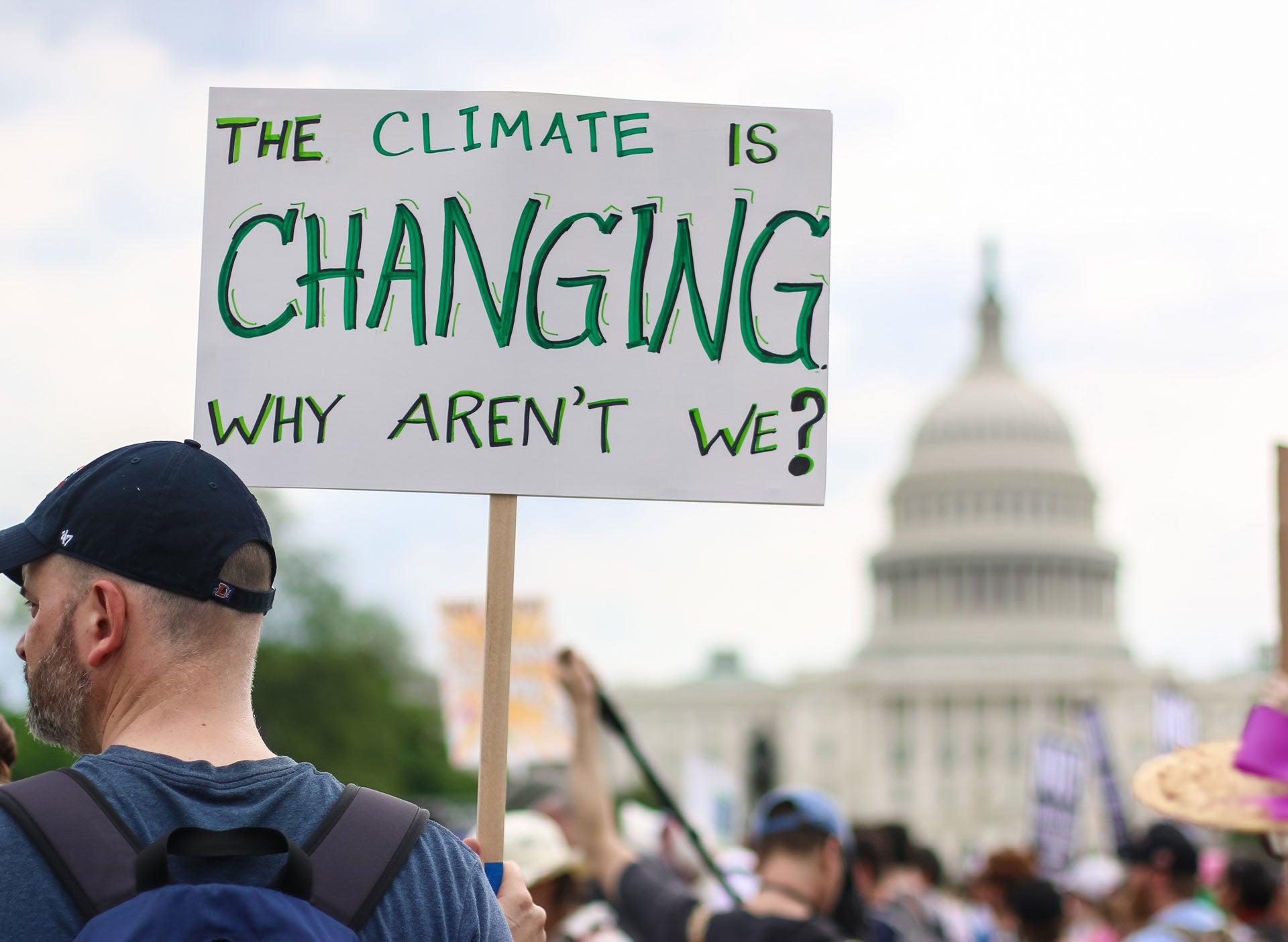
Every economy, regardless of size or climate, is set to take a significant hit from climate change unless action is taken, according to research published today.
The study, which is co-authored by researchers from the University of Cambridge, has overturned previous economic research, which suggested that some parts of the world would be economically unaffected, or even benefit, from climate change.
Published today as a working paper by The National Bureau of Economic Research, the research shows that if emissions continue on their current trajectory without making cuts as per the Paris Agreement, the impact on the world’s leading economies will be devastating.
Under this scenario, the global GDP is expected to see a 7% shrink by 2100, with some countries hit even worse. The US is projected to see 10.5% of its GDP lost, while Canada would see a 13% drop. Russia is expected to see a 9% loss, while Switzerland will see a drop of 12%. Japan, India and New Zealand are also expected to see an economic decimation, losing 10% of their GDP.
The economy and climate change: All industries impacted
While climate change is generally associated with damage to particular areas of the economy, such as agriculture, the researchers highlighted that the damage is set to be felt across industries, including technology.
“The economics of climate change stretch far beyond the impact on growing crops,” said study co-author Dr Kamiar Mohaddes, from the University of Cambridge Faculty of Economics.
How well do you really know your competitors?
Access the most comprehensive Company Profiles on the market, powered by GlobalData. Save hours of research. Gain competitive edge.

Thank you!
Your download email will arrive shortly
Not ready to buy yet? Download a free sample
We are confident about the unique quality of our Company Profiles. However, we want you to make the most beneficial decision for your business, so we offer a free sample that you can download by submitting the below form
By GlobalData“Heavy rainfall prevents mountain access for mining and affects commodity prices. Cold snaps raise heating bills and high street spending drops. Heatwaves cause transport networks to shut down. All these things add up.
“The idea that rich, temperate nations are economically immune to climate change, or could even double and triple their wealth as a result, just seems implausible.”
Notable to the economic impact is the fact that it is not simply about absolute temperatures, but the difference between the temperatures that each economy is historically used to and how they are set to change. This is particularly notable when it comes to infrastructure, which is generally not designed to endure temperatures or weather conditions notably beyond each country’s typical levels.
“Whether cold snaps or heat waves, droughts, floods or natural disasters, all deviations of climate conditions from their historical norms have adverse economic effects,” said Mohaddes.
“Without mitigation and adaptation policies, many countries are likely to experience sustained temperature increases relative to historical norms and suffer major income losses as a result. This holds for both rich and poor countries as well as hot and cold regions.”
This in particular can have a significant impact on productivity across industries, as was demonstrated by the recent UK heatwave.
“The UK recently had its hottest day on record. Train tracks buckled, roads melted, and thousands were stranded because it was out of the norm,” he explained.
“Such events take an economic toll, and will only become more frequent and severe without policies to address the threats of climate change.”
Protecting the economy from devastation by climate change
With efforts to reduce emissions hampered by competing political, social and corporate interests, many countries have increasingly begun to look at adaptation to the changing climate.
However, the researchers found that while this would not result in as big an economic drop as a business-as-usual approach, it would still result in a severe hit to the economy. Globally, this would see a 4% drop in GDP by 2100, while the US would see nearly 7% of its GDP vanish.
As a result, Mohaddes argues that the focus needs to be on emissions reduction for countries looking to avoid a severe hit to the economy caused by climate change.
“If advanced nations want to avoid major economic damage in the coming decades, the Paris Agreement is a good start.”
Read more: Climate change to fuel dramatic rise in energy demand by 2050





